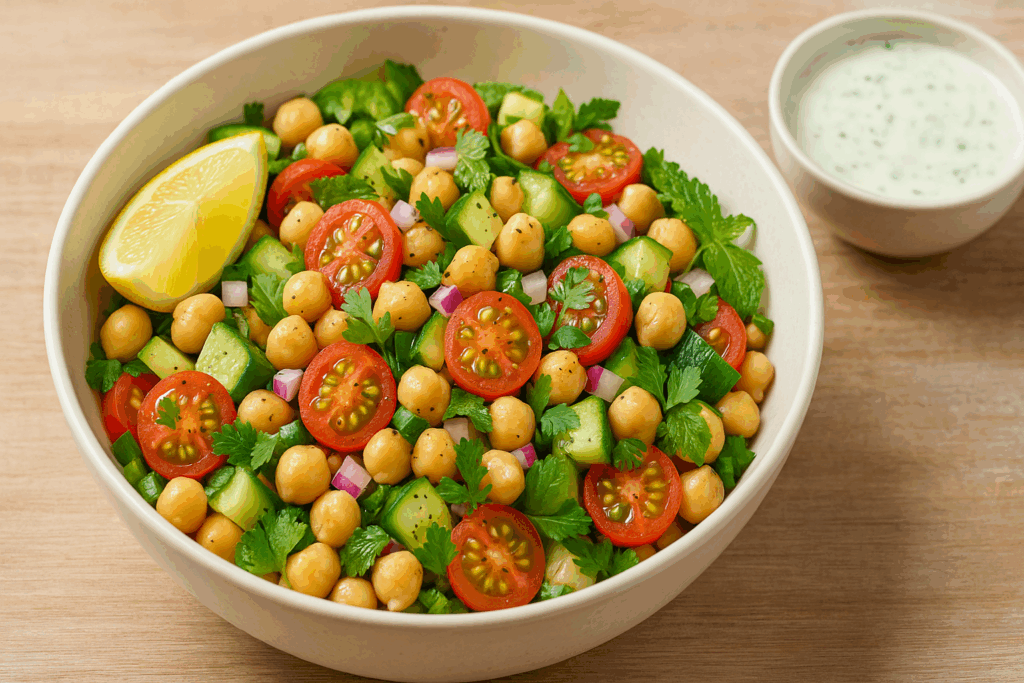Eating healthy doesn’t mean giving up your favorite foods—it means making smarter choices every day. At HealthyMeal.in, we believe that building healthy eating habits is the foundation of long-term wellness. Whether you’re trying to manage your weight, improve energy levels, or simply feel better, small daily changes can lead to a big difference.
Why Healthy Eating Habits Matter
Developing healthy eating habits helps your body get the nutrients it needs to work efficiently. It supports your immune system, improves digestion, enhances concentration, and even boosts mood. Unlike short-term diets, these habits are sustainable and fit naturally into your lifestyle.
Key Benefits of Healthy Eating Habits
- Better digestion: A diet rich in fiber, fruits, and vegetables supports gut health.
- Improved energy: Balanced meals keep your blood sugar stable throughout the day.
- Stronger immunity: Whole foods rich in vitamins and antioxidants strengthen your immune system.
- Weight management: Portion control and mindful eating help prevent overeating.
- Long-term health: Reduces risk of heart disease, diabetes, and obesity.
1. Start Your Day with a Balanced Breakfast
Breakfast sets the tone for your entire day. A wholesome breakfast boosts your metabolism and prevents mid-morning cravings. Combine whole grains (like oats or millets), protein (like eggs, paneer, or legumes), and healthy fats (like nuts or seeds) to keep you full and focused.
Example: Try vegetable upma with curd or a smoothie made with oats, banana, and almonds for a perfect start.
2. Include More Whole Foods
Processed foods are convenient but often loaded with sugar, salt, and unhealthy fats. Build your meals around whole foods like fresh fruits, vegetables, whole grains, nuts, and lean proteins. These are nutrient-dense and naturally satisfying.
Healthy tip: Replace white rice with brown rice or quinoa. Swap refined flour chapati with whole wheat or multigrain rotis.
3. Practice Portion Control
One of the easiest healthy eating habits is learning to listen to your body. Eat slowly, and stop when you’re comfortably full. Use smaller plates, avoid eating directly from packets, and practice mindful eating to enjoy every bite.
Pro Tip: Fill half your plate with vegetables, one-quarter with protein, and one-quarter with whole grains.
4. Stay Hydrated
Water plays a vital role in every body function. Dehydration can cause fatigue and affect concentration. Aim for 7–8 glasses of water daily, and include hydrating foods like cucumber, watermelon, and oranges.
Avoid: Sugary sodas and energy drinks—they add empty calories and harm metabolism.
5. Limit Sugar and Salt Intake
Too much sugar or salt can lead to obesity, high blood pressure, and heart issues. Read food labels carefully and reduce processed snacks and sweetened beverages.
Healthy alternative: Use natural sweeteners like jaggery or dates, and flavor food with herbs and spices instead of extra salt.
6. Plan and Prepare Your Meals
Meal planning saves time and helps you stick to healthy eating habits. Prepare ingredients in advance—chop vegetables, cook whole grains, or make salad dressings ahead of time. This ensures you always have healthy options ready, even on busy days.
Tip: Use Sundays for meal prep—cook dal, roast vegetables, and store them in airtight containers.
7. Eat More Fruits and Vegetables
Aim to eat at least 4–5 servings of fruits and vegetables each day. They’re rich in fiber, vitamins, and antioxidants that keep your body strong and glowing.
Quick ideas:
- Add spinach to your breakfast smoothie
- Snack on carrots, apples, or roasted chickpeas
- Add a side salad to every meal
8. Don’t Skip Meals
Skipping meals may seem like a good idea for weight loss, but it often leads to overeating later. Instead, eat smaller, more frequent meals throughout the day to maintain energy levels and metabolism.
9. Mindful Eating: Focus on What You Eat
Avoid distractions like mobile phones or TV while eating. When you focus on your food, you eat less and enjoy more. Mindful eating helps develop a healthy relationship with food and prevents emotional overeating.
10. Make Healthy Eating a Lifestyle, Not a Diet
Diets come and go, but healthy eating habits stay for life. Instead of restricting foods, aim for balance. Allow yourself occasional treats and focus on consistency over perfection. Over time, these habits will become part of your lifestyle naturally.
Common Myths About Healthy Eating
| Myth | Truth |
|---|---|
| Healthy food is expensive | Local and seasonal foods are both affordable and nutritious |
| Skipping meals helps in weight loss | It slows down metabolism and leads to overeating |
| Carbs are bad for health | Complex carbs like millets, oats, and brown rice are essential |
| Fat-free is healthier | Good fats from nuts, seeds, and oils are important for your body |
FAQs About Healthy Eating Habits
1. What are the top 5 healthy eating habits?
The best habits include eating whole foods, drinking enough water, controlling portions, avoiding processed foods, and eating plenty of fruits and vegetables.
2. How can I start eating healthy every day?
Begin with small changes—replace sugary snacks with fruits, use whole grains, and cook at home more often.
3. Are cheat meals allowed in healthy eating?
Yes, occasional treats are fine. Balance is key—just return to your healthy routine the next day.
4. Can Indian food be healthy?
Absolutely! Dishes like dal, roti, sabzi, idli, and khichdi are naturally nutritious when cooked with less oil and more whole ingredients.
5. What are examples of healthy Indian snacks?
Roasted makhana, chana, sprouts salad, fruit chaat, and homemade granola bars are great options.
Conclusion
Developing healthy eating habits doesn’t happen overnight—but every small step counts. Focus on balance, variety, and moderation rather than restriction. At HealthyMeal.in, we’re here to guide you with simple recipes, nutrition tips, and meal plans to make eating healthy a joyful experience.
Start today—choose a fresh fruit over a sugary snack, cook a wholesome dinner, and drink that extra glass of water. Your journey to better health begins with one meal at a time!



